The first time I visited the Cairo Institute of Liberal Arts and Sciences (CILAS), my Uber driver decided to kick me out in the middle of Old Cairo. “This is as far as I can go”, he said ominously, and told me to get out now.
Before I knew it, I found myself in a stuffy street, cars racing past me unconcerned, music playing over men talking loudly in street cafes. As I stepped out of the car, I crushed a bunch of chicken feet under my soles.
I typed ‘CILAS, El-Darb El-Ahmar’ into Google Maps, and stared at the arrow turning, mirroring my confusion. Of the approximately twelve people I asked for directions, some of them told me to go left, and some of them told me to go right.
When I finally made it up the hill from which the institute overlooks a world of small streets through which indeed a car cannot drive, CILAS founder Karim saw my desperate face, laughed and said: “So I see you made it through El-Bahr El-Ahmar?”
In Fatimid Cairo, facing the twin mosques Hassan Sultan and Al Refai from its seat at the foot of the Citadel, lies CILAS. An autonomous scholarly collective and an ‘ecoversity’, the institute is an oasis of knowledge and creativity that weaves itself into the urban fabric of Old Cairo.
Under the umbrella term of Liberal Arts, CILASians explore the Humanities and Social Sciences, to “develop a wise appreciation of the complexity of the world”. Learning from and with the city, thereby learning to survive it, students from all walks of life are invited to discover Cairo as a post-colonial capital of many centuries and sub-cultures. At CILAS, Cairo is critiqued and celebrated as “an unbearable and irresistible place to live in.”
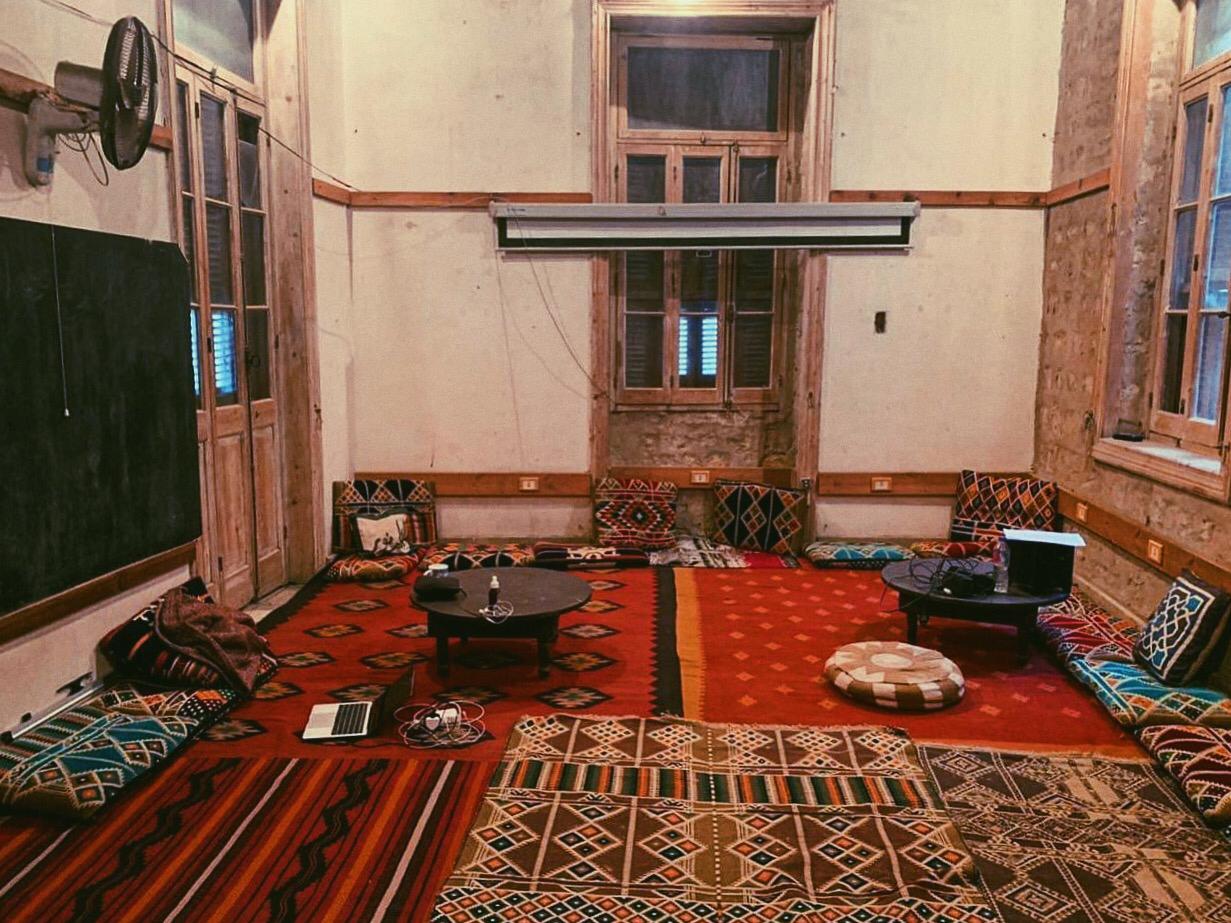
The institute was founded by Karim-Yassin Goessinger in 2013, as a thought-provoking continuation of the revolution. Inspired by the Egyptian cultural practice of debating society and politics in street cafes, ahwas, the school follows a pedagogy of discussion-based learning. Over tea and food, for the mind and the body, learners collectively create knowledge that is embedded in and relevant to the spaces they inhabit.
CILASians come together from places as close as Qina and Alexandria, and as far as Somalia and Brazil. From “high school graduates as well as university walkouts, wisdom seekers and career shifters, trained engineers, economists and doctors, activists, artists and organisers”, I have sat and debated with all kinds of people. We all made it through the initiation ritual of reaching CILAS’ unique and adventurous location.
On pleasure activism
Growing up, I was educated in Germany and the United Kingdom. An “Afropean” raised in the western education system, I spent my university years trying to see beyond Europe’s colonial monopoly on knowledge. Studying a bachelor’s degree in Arabic and International Relations, I decided to move to Alexandria for a year, to learn spoken Arabic and non-European politics. I repeatedly overheard people talking about an underground school in the heart of Cairo, which taught the works of radical Black, Indigenous, and People of Colour (BIPOC). Intrigued, CILAS lingered at the back of my mind even after I returned to London.
Finally, two years later and now living in Cairo, I bumped into a CILASian at a house party. He had just returned from the U.S. where he was doing a PhD. Sitting on a sofa amidst dancing party people, we struck up a nerdy conversation about queer studies and academic elitism. He told me to consider this school that he used to study at, and opened CILAS’ website. It was two days before the beginning of the new semester. I do not believe in coincidence, and so I took this encounter as a sign that life was telling me to apply right now.
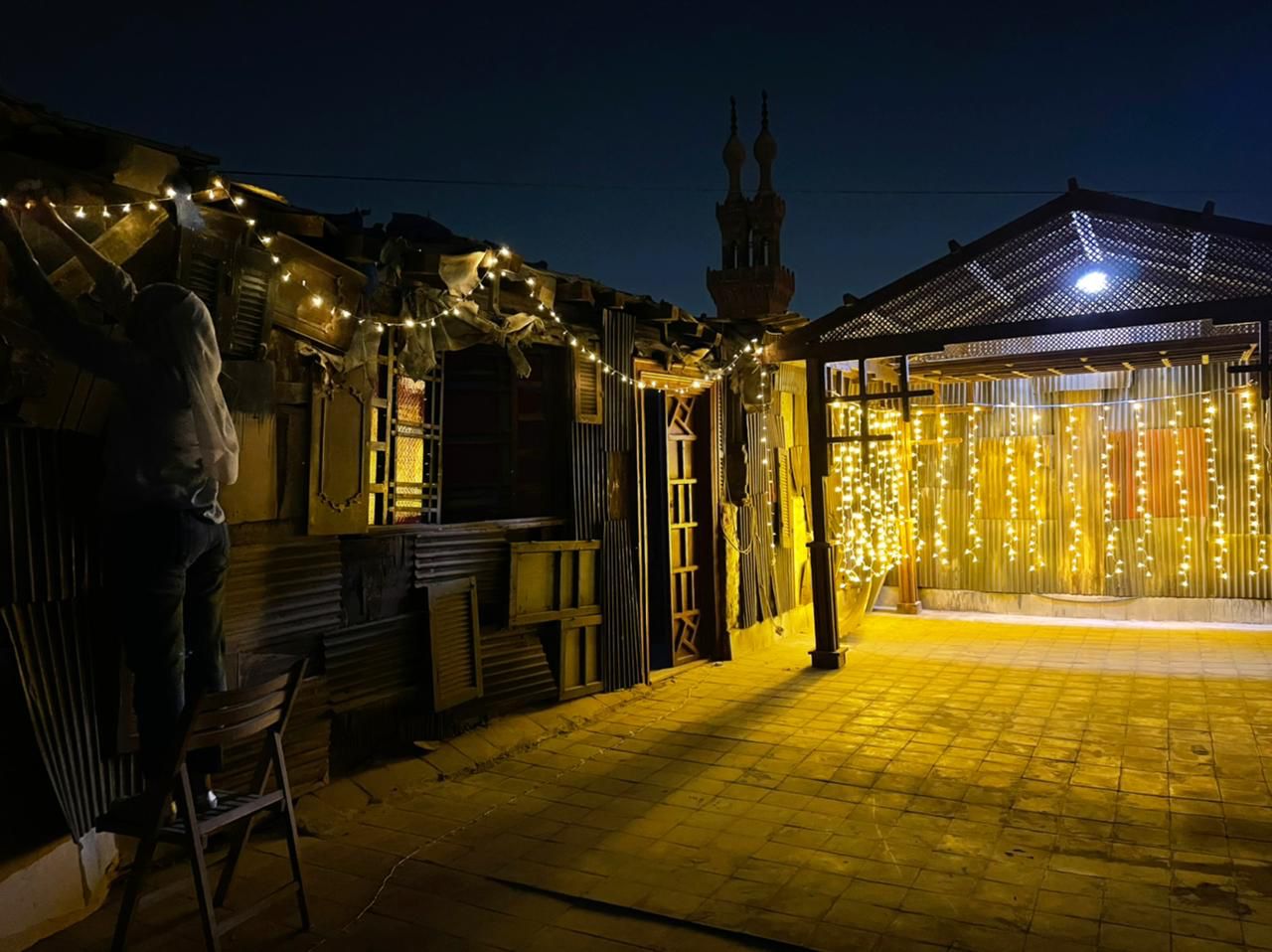
The class that intrigued me most was on Pleasure Activism, inspired by adrienne maree brown’s proposition that we can make social justice work pleasurable and fulfilling. I love joy and I live politics, two very opposing lifestyles. Feminist activism is more often draining than healing, and so I entered this class with a personal desire to find more pleasure in my life, without abandoning my commitment to promote social justice.
We started our first session reading Audre Lorde’s essay “The Uses of the Erotic” in which she frames the erotic as a source of power that has the ability to create change. Mariam Diefallah, the facilitator, invited us to bring cultural theories like Lorde’s, formulated by the BIPOC that raised me to become a feminist, in conversation with our lived experiences in Cairo and Egypt.
In terms of Pleasure Activism, that meant discussing emotions in an academic class room. Mariam challenged us into a vulnerability that felt scary in front of a group of near-strangers. Personally, I do not do well with vulnerability. However, after the initial awkwardness, opening up about how our individual (hi)stories inform our opinions felt empowering. It allowed me to be more assertive about why I believe in what I believe in, and overcome my imposter syndrome. In line with feminism’s famous slogan, we truly manifested the personal as political.
Sitting on a roof by Saladin’s Citadel, drinking tea on cushions in a circle, we debated how centring ‘feeling good’ could help us navigate life in the Egyptian capital. It led us to conversations about labour and (child) care, science fiction, and social justice. This course reordered my entire worldview and made me question what it means to live in honesty, commitment, and community.
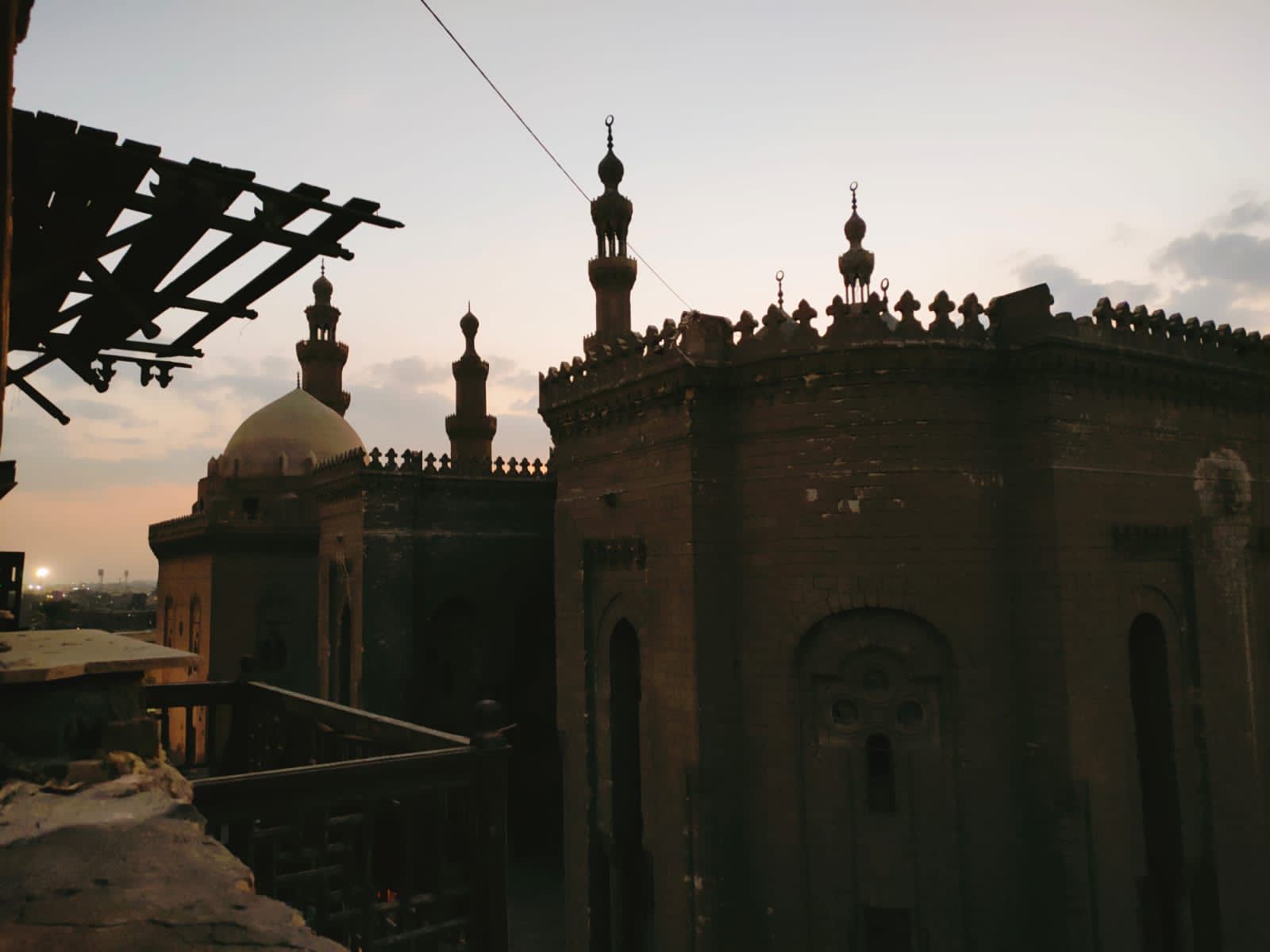
On pigeon towers
Walking into CILAS was surprisingly easy, because it is designed for people to do exactly that: wander in and connect with whoever is currently there. The institute understands itself as a collective of the curious, pursuing higher education at the margins of higher education. Disillusioned applicants often enrol with hopes of finding an alternative to broken education systems, rigid syllabi and old-school pedagogies. CILAS founder Karim thinks of the school as a pigeon tower, halfway between the street and the classic academy.
In universities across the west, decolonising knowledge is becoming the endeavour of our time. Good intentions aside, there remains a tension for people who write in English from their academic ivory towers – I am one of them. Reasons for this tension are manifold, arising in a web of class, gender, and cultural upbringing. As a foreigner in Egypt, namely a Sudanese-German with insufficient Arabic skills, how close can I really get to experiencing local knowledge without romanticising, patronising, or appropriating it?
CILAS aims to bridge this uncomfortable gap between thought and practice, through merging intellectual training with experiential and intuitive place-based learning. Classes are taught by a variety of scholars, but they are all embedded in an African and Arab context. Studying a syllabus that brings many of the theories I learned in London in conversation with Cairo was a gift; it opened up the city for me in ways I could have never imagined. I was introduced to Egyptian literature and thinkers, to local areas and community projects, and to myself as I wander through the capital. Not only am I learning about my current home of choice, but I am also rethinking my original home and what it means to pursue decolonial education.
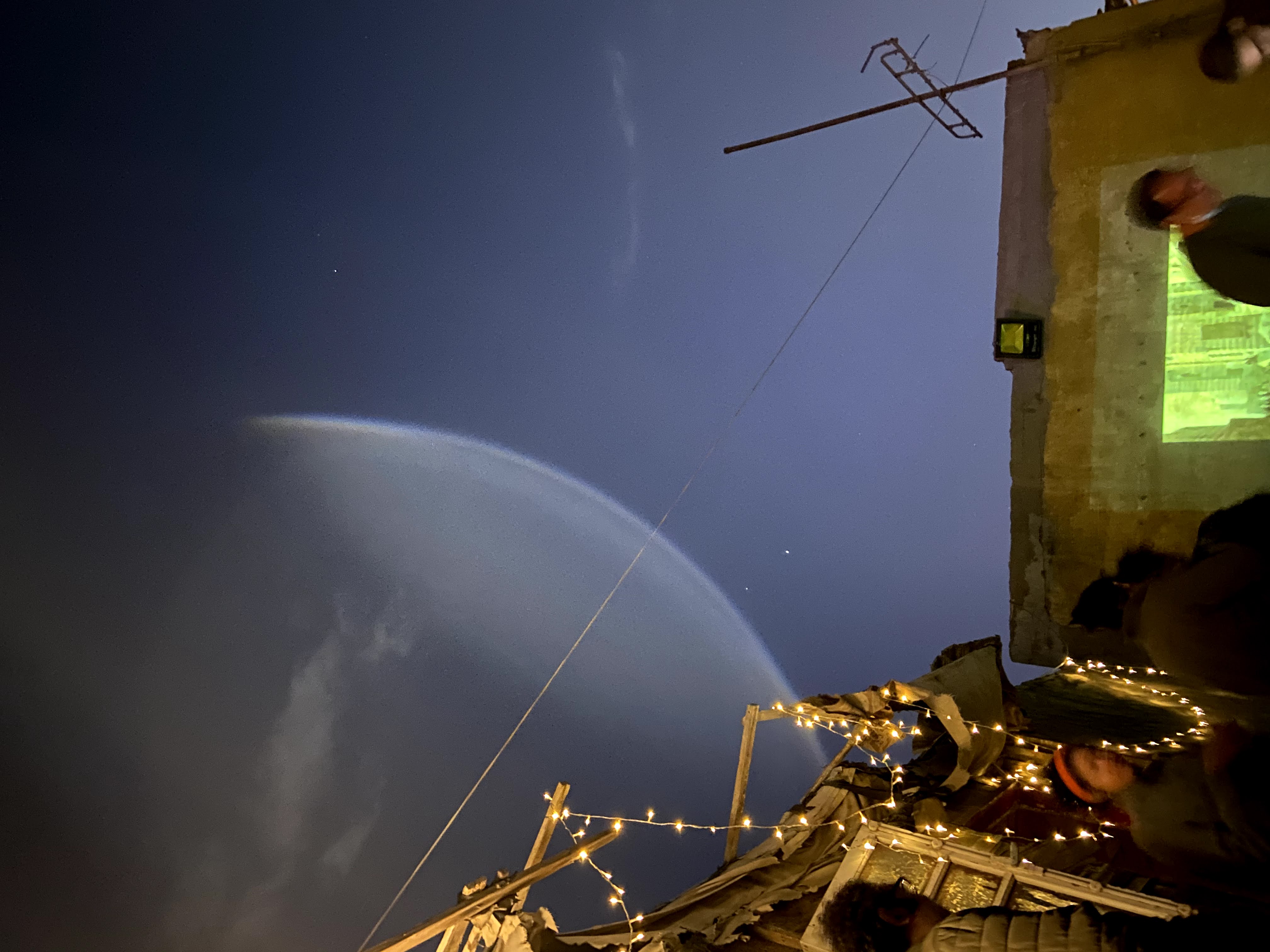
On ecoversities
CILAS is part of the Ecoversity Alliance, a community made up of 260 member organisations from 47 countries. Ecoversities are schools that are committed to building forms of learning outside the current institutional ones. Institutional, or modern, in this context, means the gatekeeping of knowledge that prioritises privileged people with access to money and time. Karim calls this increasing phenomenon a “college-industrial complex”, undoing the university as its traditional space that encourages creative and critical thinking.
Ecoversities reorient education towards a holistic “mutual flourishing, based on social, economic, ecological, cognitive justice.” They are emerging all over the world, with various foci depending on the indigenous knowledges of their location. India and Latin-America are most active, Africa is currently hosting four. In North Africa, CILAS is the only ecoversity of its kind.
The concept of an ecoversity resonates with me, because while I love learning, I struggle with traditional academia. My decision to move to Cairo in 2019 came as a result of having spent a ridiculous amount of money on my bachelor’s degree, and needing a break to figure out what to do with my life. Staying at university seemed like a burden, rather than a time of experimentation. CILAS, a place of higher education that does not threaten financial ruin and assignment-caused burnout, allowed me to explore my academic interests and simply learn.
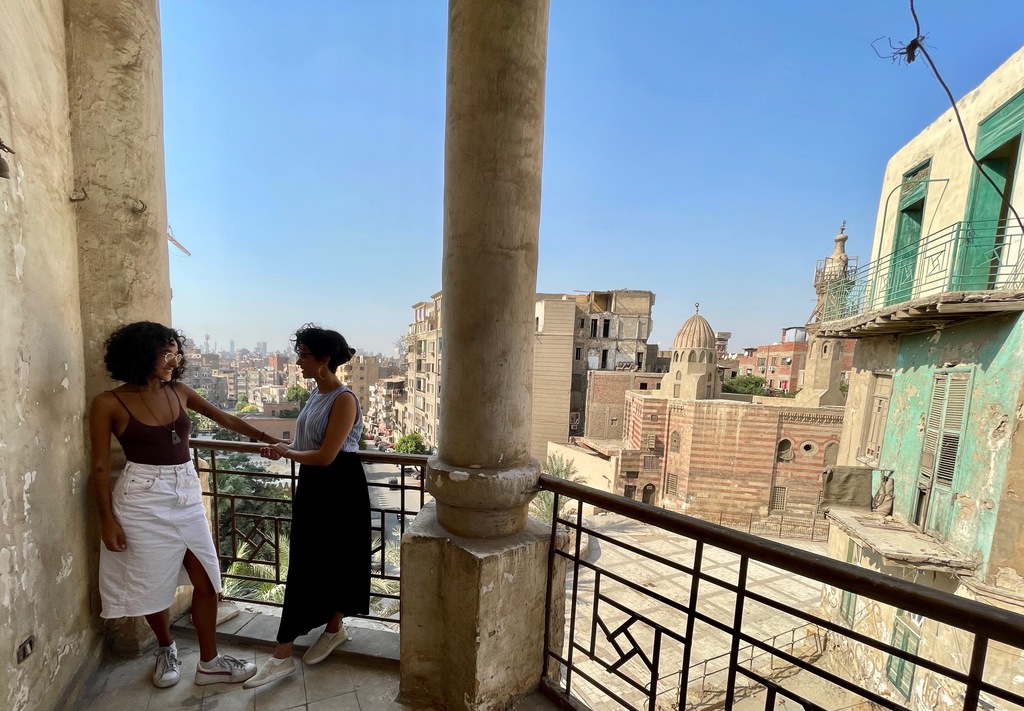
On Women’s Studies
I was invited to become a teaching fellow and co-create CILAS’ first Women’s Studies Programme which started in September 2021. Consisting of two trimesters, students spend the first three months studying Historical Consciousness of the feminist movement in Egypt, Ethnographic Research, and Philosophical and Literary Inquiry. This core curriculum emphasizes the importance of understanding women’s movements as completely embedded in cultural, political, and economic realities.
In the second trimester, we offer a variety of thematic courses and practical labs, in which the students can follow their specialised interests and create a final project under supervision of the teaching fellows.
As facilitators, we give space to critical reflection and engagement with urgent issues that are at the intersection of the local and the global. As a class, we embark on a journey that takes us across Cairo – virtually and physically – and presents to us the diversity of Egyptian life.
We ask questions like: What does it mean to be a woman, and what does it mean to be a woman in Egypt? What do clothes tell us about Egyptian society and how does the contemporary music scene archive and explain realities in this country and region? Can the master’s tools dismantle the master’s house?
In our course, we follow the spirit of the Ecoversity Alliance’s vision, cultivating a learning environment that holds space for individual experiences and contradictory opinions. We trace the history of Egyptian women and embrace the multi-vocal present here and in the diaspora. Most importantly, we try to “imagine a better world where many worlds can fit and learn at the service of communities, ecologies and spiritualities.”
At the beginning of 2021, I was one of the pigeons that wandered into the CILAS tower by chance. Within months, my relationship with Cairo became more complex and emotional, entangling me in new places and knowledge. Cairo is an endless exploration, continuously (un)making me, and CILAS is a safe haven amidst it all, reminding us to sit down, drink tea, and reflect.
Subscribe to the Egyptian Streets’ weekly newsletter! Catch up on the latest news, arts & culture headlines, exclusive features and more stories that matter, delivered straight to your inbox by clicking here.
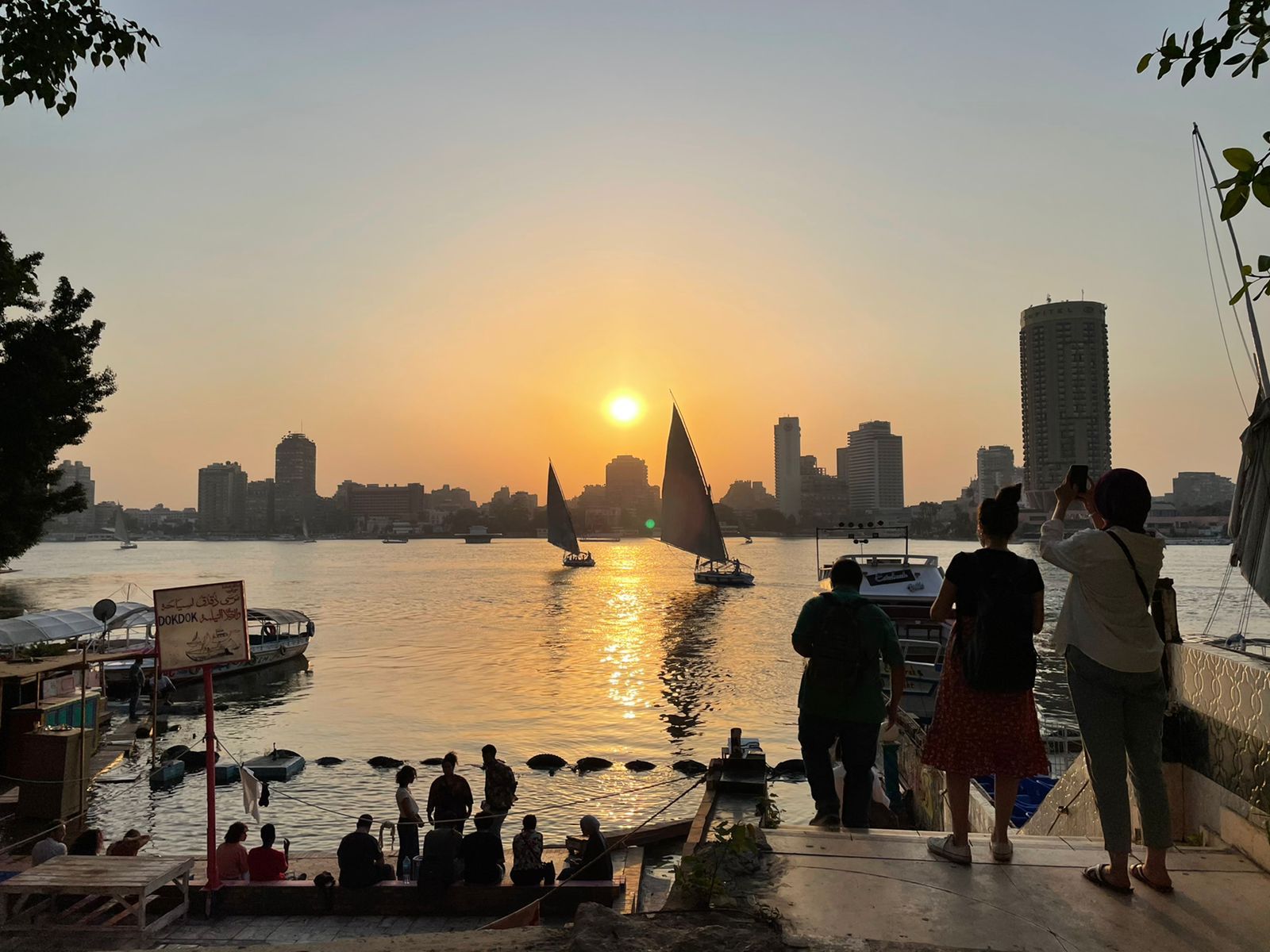


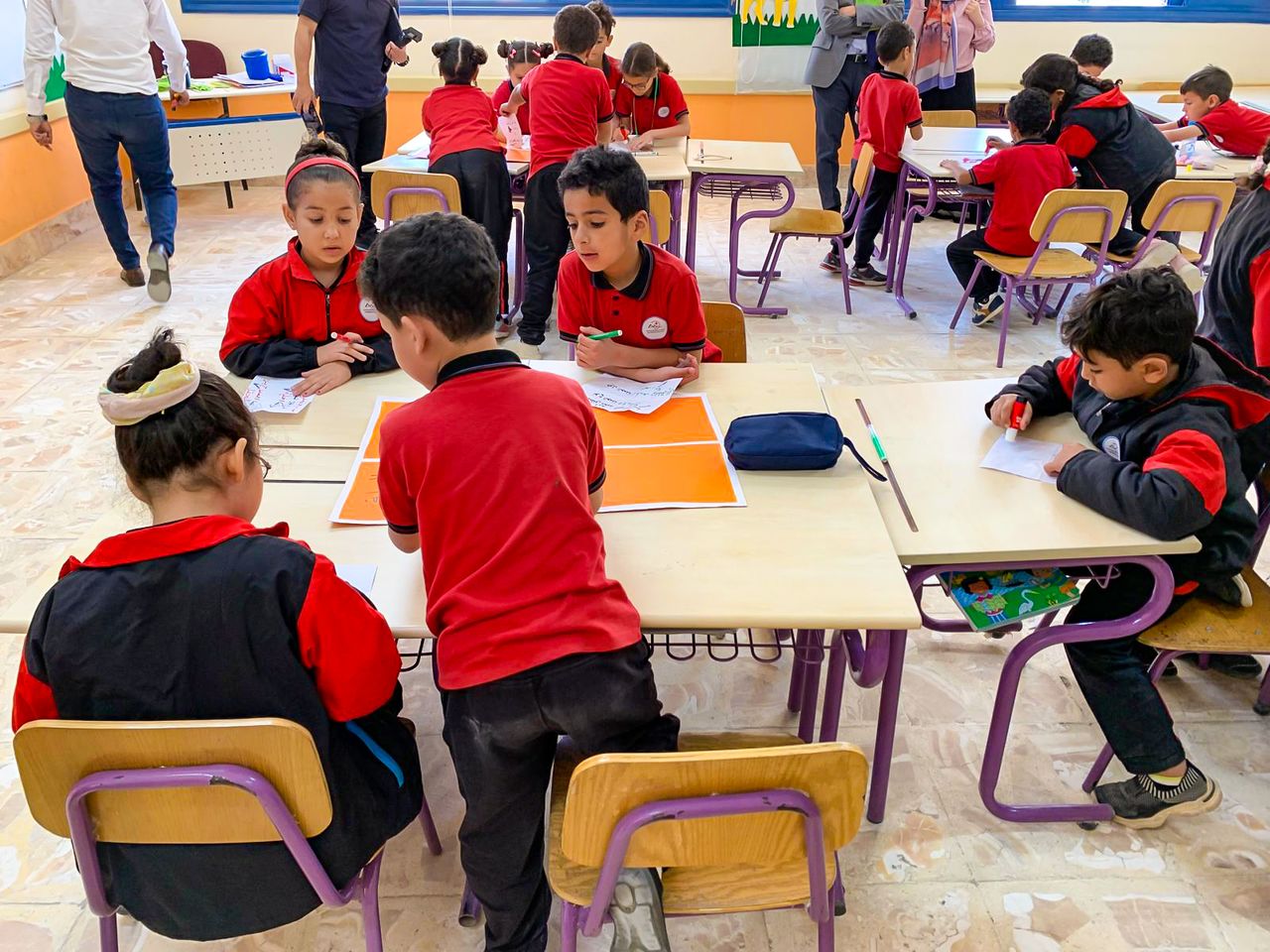
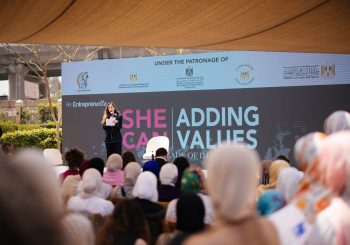

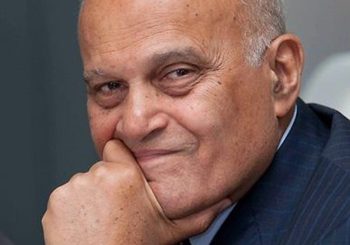
Comments (0)